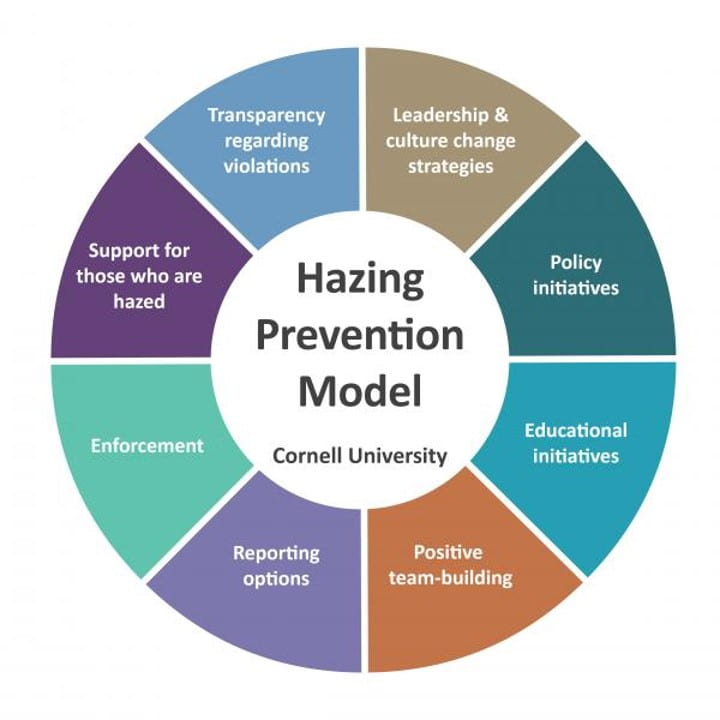
Two court cases struck the news in recent weeks. First, this one:

Two court cases struck the news in recent weeks. First, this one:
‘…allow the trustworthy to roam everywhere under heaven while making it hard for the discredited to take a single step.’
The quote above comes from the founding document of China’s Social Credit System (CSCS), which was written in 2014, and set out plans for comprehensive rollout by 2020. China is way behind schedule, but the progress they’ve made shows the importance of moral accounting’s twin aspirations for accountability systems: to improve moral performance (not just any performance), and to do so in a moral way.
This post will serve as the foundation for a case discussion in my Executive MBA course on managerial reporting. Discussion questions are in this font.
New York Magazine interviewed 33 people who have worked for Scott Rudin, entertainment producer long famous for being one of the few to win an Emmy, Grammy, Oscar & Tony, and newly infamous for being a jerk. And I use that word in its technical sense, defined by philosopher Eric Schwitzgebel as follows: